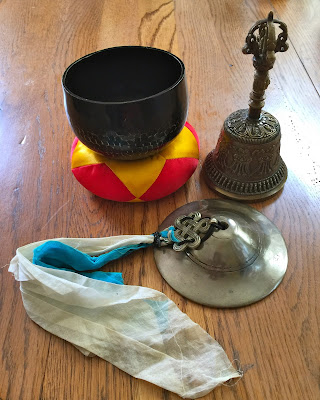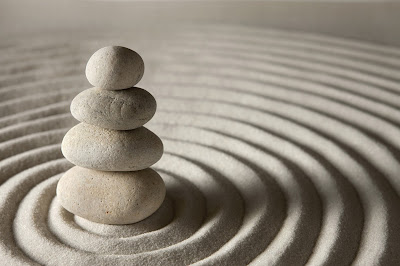Maintaining Your Mallets

Mallets, sticks, wands, strikers—these are your tools. Much like a wrench or hammer, to a plumber or carpenter, these are the tools we use to do our work. We can have all the best instruments, but if our mallets are in bad shape, we won't get the best sound or response. So taking care of them is a must. Besides, they are expensive. and if you are like me, you may have a lot of different mallets that you use, which is a large investment. I can't believe how many people I see who just throw their mallets in a case or bag with their stand. Of course the stands are hard, and they can easily damage your mallets. Care must especially be taken with Singing Bowl Wands. You want to avoid nicks and dings that will interfere with getting a good, clean sound as you move them around the bowls. Wrapped and covered mallets can become frayed or torn if thrown into a case with hardware/stands. The mallets shafts can become kicked or damaged, which can make them uncomfortable to hold. If yo...



